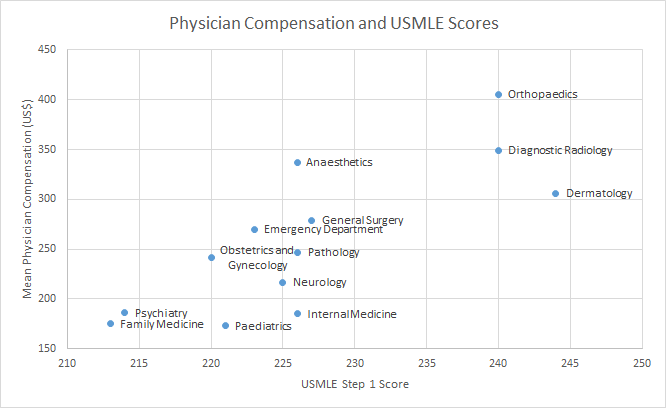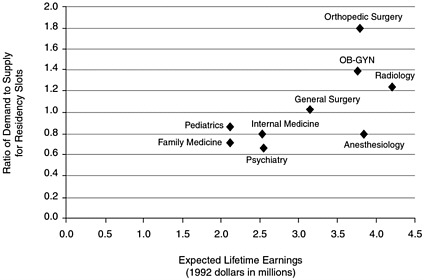That's not what I meant, and no it isnt available anywhere else besides florida. If youre talking about having kids, having a wife, the standard "American Dream" (assuming you have money) it's california.
You have disney, universal, seaworld- for the kids (amongst 100's of other amusement parks in each city/town)
Mountains, rivers, valleys, even a huge national park (Yosemite, tahoe)
If youre into snow, you can go to tahoe and live a "northern climate"
Then you have all the various beaches which are unparalleled anywhere besides maybe florida.
I can go on and on and on for days, but the basic concept is, most people who live in california dont spend much time at their house. My family is always going on hiking, camping, beach trips, and during the milder winters still outside and going to malls etc.
Forgot to add its one of the biggest melting pots of cultures, what ever performance, cuisine, etc you want, theyve got it, and its close by your house.


